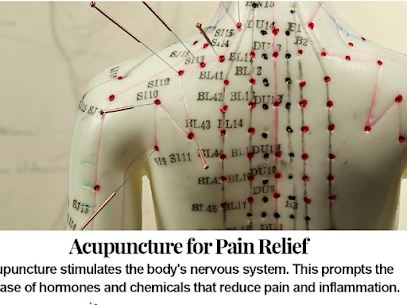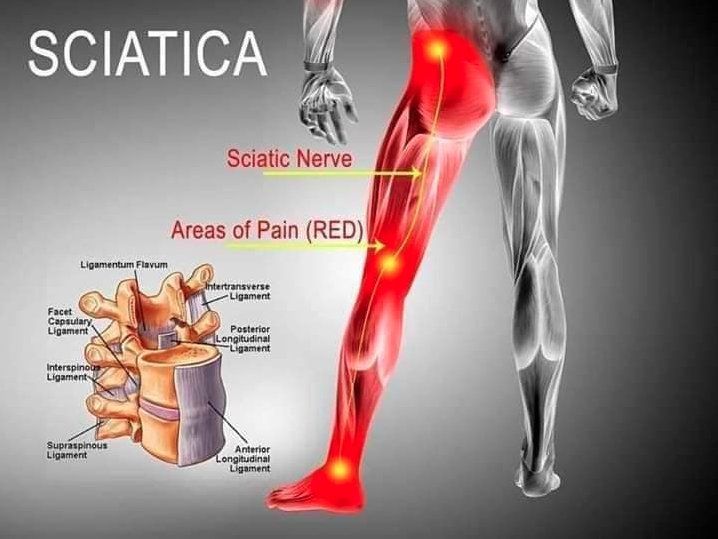Unraveling the Connection: Acupuncture and the Nervous System
Acupuncture and the Central Nervous System

Unraveling the Connection: Acupuncture and the Nervous System
In the vast realm of holistic healing, acupuncture stands out as an ancient practice with profound implications for our well-being. Its popularity has surged in recent years, thanks to its ability to address a myriad of health issues. One of the most intriguing aspects of acupuncture's effectiveness lies in its deep-rooted impact on the nervous system. In this exploration, we aim to uncover the intricate relationship between acupuncture and the nervous system, shedding light on the mechanisms that make this holistic therapy a powerful tool for promoting overall health and balance.
Understanding the Nervous System
To comprehend the profound impact of acupuncture on the nervous system, it's crucial to first grasp the fundamentals of this complex network. The nervous system is divided into two main components: the central nervous system (CNS) and the peripheral nervous system (PNS). The CNS comprises the brain and spinal cord, while the PNS extends throughout the body, connecting the CNS to various organs and tissues. The nervous system plays a pivotal role in regulating bodily functions, ensuring the seamless communication and coordination required for optimal health.
Acupuncture Basics
Acupuncture, an integral part of traditional Chinese medicine, involves the strategic insertion of thin needles into specific points on the body known as acupoints. These acupoints are carefully chosen based on an individual's condition and symptoms. The ancient philosophy underlying acupuncture posits that these points are interconnected by pathways that allow the flow of vital energy, or Qi, throughout the body. By stimulating these points, acupuncture aims to restore the balance of Qi, promoting harmony and health.
Acupuncture and Neural Pathways:
- Influence on Neural Pathways: The magic of acupuncture unfolds in its ability to influence neural pathways, the intricate routes through which information travels in the nervous system.
- Modulation of Information Flow: Studies have shown that acupuncture can modulate the flow of information in these pathways, impacting how the nervous system perceives and responds to various stimuli.
- Strategic Needle Placement: By strategically placing needles at specific acupoints, acupuncture practitioners aim to create a domino effect, influencing the transmission of signals within the nervous system.
Acupuncture's Impact on Brain Function:
- Neurological Effects: Recent research has delved into the impact of acupuncture on brain function, revealing fascinating insights into its neurological effects.
- Changes in Brain Regions: Functional magnetic resonance imaging (fMRI) studies have demonstrated that acupuncture can induce changes in various regions of the brain, including those associated with pain perception, mood regulation, and the autonomic nervous system.
- Precise Mechanisms Under Exploration: The precise mechanisms behind these changes are still under exploration, but the evidence suggests that acupuncture has a measurable impact on brain activity.
Stress and the Nervous System
The modern world's pervasive stress has profound implications for the nervous system, and acupuncture emerges as a potential ally in managing its effects. Chronic stress can dysregulate the nervous system, leading to a constant state of fight-or-flight response. Acupuncture has shown promise in regulating the stress response, promoting a shift towards the parasympathetic nervous system's rest-and-digest mode. By targeting specific acupoints associated with stress relief, acupuncture may offer a natural and effective solution for those seeking to find balance in the midst of life's demands.
Pain Management through Acupuncture
One of acupuncture's most well-known applications is in the realm of pain management. Whether it's chronic pain, migraines, or postoperative discomfort, acupuncture has demonstrated efficacy in alleviating various forms of pain. The interaction between acupuncture and the nervous system is particularly crucial in this context. Studies suggest that acupuncture may modulate pain signals, influencing the way the nervous system perceives and processes pain. This modulation occurs at both peripheral and central levels, providing a holistic approach to pain relief.
Acupuncture and Autonomic Nervous System
The autonomic nervous system (ANS) plays a pivotal role in regulating involuntary bodily functions, such as heart rate, digestion, and respiratory rate. The ANS is further divided into the sympathetic and parasympathetic branches, responsible for the body's fight-or-flight and rest-and-digest responses, respectively. Acupuncture appears to exert a balancing effect on the ANS, helping to restore equilibrium between these two branches. This balance is crucial for overall health, as it ensures that the body can appropriately respond to stressors while also promoting relaxation and recovery.
Acupuncture and Neuroplasticity
The concept of neuroplasticity, the brain's ability to adapt and reorganize itself in response to experience, is gaining attention in the context of acupuncture. The insertion of acupuncture needles may stimulate neural pathways, encouraging the brain to rewire itself. This adaptability can have far-reaching implications for conditions involving neural dysfunction, opening up new possibilities for the integration of acupuncture into neurological rehabilitation strategies.
Personal Testimonials and Experiences
Real-life stories and testimonials offer a glimpse into the diverse ways in which individuals have experienced the benefits of acupuncture on their nervous systems. From managing chronic pain to alleviating stress and improving overall well-being, these narratives provide a human touch to the scientific exploration of acupuncture and the nervous system. The individualized nature of acupuncture therapy ensures that each person's journey is unique, emphasizing the holistic and personalized approach that acupuncture practitioners bring to their craft.
Conclusion
In unraveling the intricate connection between acupuncture and the nervous system, we discover a holistic therapy that goes beyond the placement of needles. Acupuncture's profound impact on neural pathways, brain function, stress regulation, pain management, and the autonomic nervous system underscores its potential as a versatile tool for enhancing overall health. As ongoing research continues to unveil the mysteries of this ancient practice, individuals seeking a holistic approach to wellness may find in acupuncture a pathway to balance, harmony, and optimized nervous system function. The journey towards understanding the intricate dance between acupuncture and the nervous system is a testament to the enduring relevance and efficacy of this ancient healing art in our modern world.
Omaha Chiropractors and Acupuncture










